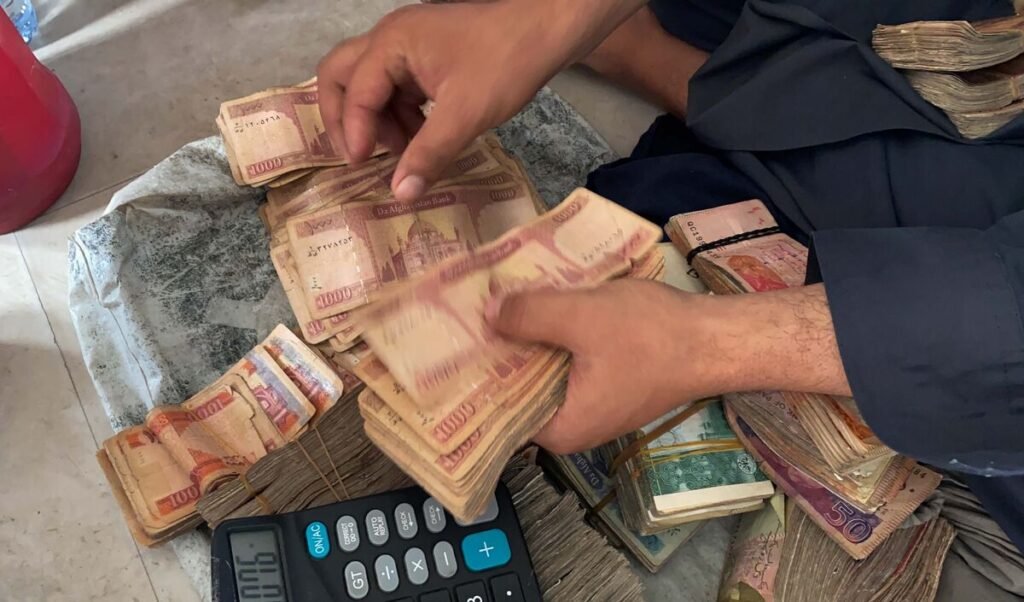Afghanistan’s currency becomes world’s best performing currency this quarter. Afghanistan‘s currency has risen to the top of the global rankings this quarter, an unusual position for a nation that is impoverished and has one of the worst records for human rights in the world.
Afghanistan has received billions of dollars in humanitarian aid, and trade with its Asian neighbors has increased.
The ruling Taliban, who seized control of the country two years ago, has also enacted a number of measures to maintain Afghan dominance, such as outlawing the use of dollars and Pakistani rupees in local transactions and tightening regulations on bringing dollars into the country.
Online trading has been outlawed, and those who break the law risk being imprisoned.
Currency controls, cash inflows, and other remittances have helped the Afghani rise by about 9 percent this quarter, surpassing the likes of the Colombian peso’s 3 percent gain.
The Afghani is third on the global list, behind the currencies of Colombia and Sri Lanka, with an annual growth rate of about 14%.
Also read: Taliban agrees to extend China’s Belt And Road Initiative in Afghanistan
The dramatic unrest that continues on the ground, however, is obscured by the fact that Afghanistan is largely cut off from the international financial system due to sanctions, despite the paring of the currency’s losses seen after regime change.
As Afghanistan’s currency becomes world’s best performing currency this quarter, according to a World Bank report, there is a severe unemployment problem, two-thirds of households have trouble paying for necessities, and inflation has turned into deflation.
Since the end of 2021, the United Nations has been sending planeloads of US dollars to help the poor, some of which have reached $40 million.
“The hard currency controls are working, but the economic, social, and political instability will render this rise in the currency as a short-term phenomenon,” said Kamran Bokhari, an expert in Middle Eastern, Central and South Asian affairs at the Washington-based New Lines Institute for Strategy & Policy.
